On June 6th 2022, Reuters’ investigating team published a special report named titled “How crypto giant Binance became a hub for hackers, fraudsters and drug traffickers”. This special report entails a handful of accusations against Binance, one of the worlds’ largest cryptocurrency exchanges, dating all the way back to 2015.
Accusation 1: How Binance acted as a money laundering “conduit” for stolen/hacked funds. The first part of the report goes into detail regarding the incident that happened in September 2020, where a North Korean hacking group known as “Lazarus” have hacked a small Slovakian crypto exchange and stole $5.4 million, which were later transferred through Binance to multiple wallets using encrypted emails.
Accusation 2: Binance has enhanced the trading activity in illegal darknet marketplaces such as the famous “Hydra”. Reuters investigators have linked Binance’s market share expansion plan to Russia with the increased drug trading volume that the country was experiencing at the same time. Blockchain analytics companies that were hired by Reuters have reported that around $780 million in BTC linked Russia with Hydra, all of which have flowed through Binance.
Accusation 3: Binance has been a big advocate of Privacy coins, namely the coin Monero (XMR), which offers anonymity to users while transacting. Reuters’ investigating team accuses Binance that they have educated their users on using privacy coins (“Beginner’s guide to Monero by Binance) and that the company’s CEO has spoken in favour of privacy coins on multiple occasions. In August 2020, hackers stole an individual’s funds amounting up to $16 million in BTC, which were later converted to XMR through Binance, investigators have found.
On the basis of multiple investment frauds, scams, hacks etc. Reuters’ investigating team has found that the majority of stolen/hacked funds would end up in Binance, one way or another. The report claims that Binance’s aggressive expansion strategy, advocacy for privacy coins and weak KYC/AML procedures have allowed these processes to carry on longer than they should. Reuters examined court records, statements by law enforcement and blockchain data — compiled for Reuters by two blockchain analysis firms — and found that Binance has processed transactions involved in scams/thefts/hacks, totalling at least $2.35 billion.
On the 7th June 2022, Binance responded against Reuters accusations, in a blog post titled “The Crypto Money Laundering Myth and the Machine Working Overtime to Sell a False Narrative”. The blog post is separated in sections where Binance replies to the above accusations one by one, while also publishing almost 10 pages of e-mail exchanges between them and Reuters.
Response to Accusation 1: Binance immediately reacted to the Slovakian exchange hack and has helped the Slovakian authorities to trace the relevant accounts containing the stolen funds through Binance and other exchanges. In summary, Binance states that they “aggressively target bad actors and leads the industry in identifying and neutralizing these actors”, as well as “actively working with law enforcement to target numerous North Korean campaigns by sharing intelligence, proactively freezing accounts and shutting down their networks before they can successfully escape with stolen funds.”
Response to Accusation 2: To Binance’s defence, it is logical that a significant percentage of all crypto transactions are processed through them, which makes sense as it is one of the biggest centralized exchanges. In addition, they claim that the on-chain analytics firm “Chainanalysis” has stated that the figures mentioned by Reuters are incorrect. In addition, Binance has stated that, once again, they were the first exchange to respond to the illegal activities and have worked closely with the law enforcement and DEA to combat daily illicit drug trade. On top of that, Binance currently employs the core of the team that led the investigation which resulted in the takedown of Hydra Market.
Response to Accusation 3: In regards to the Monero (XMR) situation, Binance states: “There are many legitimate reasons why users require privacy. The legitimate right to privacy is why many technology providers provide encryption on their devices and messaging services.” They have also stated that “Financial freedom, privacy, and effective law enforcement assistance coexist as a result of proper AML policies and practices on the Binance platform.”
Devil’s advocate and the question of morals:
I believe there is a grey area when it comes to shifting the blame in situations that involve the use of funds for illegal activities, money laundering and investment frauds. One may claim that Binance has been used as an intermediary, the same way traditional banking can be used for the exact same purposes. In the scenario where an illegal drug trade takes place within the premises of my house, without my knowledge, should I be held accountable for the consequences if the evidence shows that I have not been directly involved?
The road goes both ways. Traditional finance, namely Banks and large corporations have been involved in money laundering operations, investment frauds and illegal activities for ages. This does not always mean that intermediaries advocate, support or provide assistance to such operations.
To play devil’s advocate, Reuters have been making claims based on “cherry-picked” data and false metrics, that could have been fact-checked by reaching out to one of the major on-chain analyst firms, like Chainalysis or TRM.
It comes to nobody’s surprise that articles or reports such as Reuters’ are posted frequently. One must remain objective and apply severe critical thinking before evaluating such strong claims. Data and metrics are powerful tools but should be used and read with caution as they are easily skewed in favour of one’s agenda.
Lastly, I want to briefly come back to one major core value of Cryptocurrencies, that is Decentralization. The fact that Monero and other privacy coins can be used in these activities is not a valid claim against a centralized exchange such as Binance, when the fundamentals of crypto assets were designed to be permissionless and decentralized. One may also argue that it is harder to properly execute (and therefore, get away with) such transactions since the blockchain is in fact, an immutable ledger where no information can be hidden or altered, especially when it involves a centralized exchange.
Reuters have stated multiple times that forum users have been advocating for Binance as an easy way to exchange cryptocurrencies for illegal drugs in darknet marketplaces (Hydra). However, does this speak more about the fact that Binance enables drug exchange, or whether these users just didn’t know any better as to how to transact anonymously online? After all, if history taught us anything, is that marketplaces such as Mt. Gox etc. were never safe to begin with.
Sources:
https://www.reuters.com/investigates/special-report/fintech-crypto-binance-dirtymoney/
[link] [comments]

You can get bonuses upto $100 FREE BONUS when you:
💰 Install these recommended apps:
💲 SocialGood - 100% Crypto Back on Everyday Shopping
💲 xPortal - The DeFi For The Next Billion
💲 CryptoTab Browser - Lightweight, fast, and ready to mine!
💰 Register on these recommended exchanges:
🟡 Binance🟡 Bitfinex🟡 Bitmart🟡 Bittrex🟡 Bitget
🟡 CoinEx🟡 Crypto.com🟡 Gate.io🟡 Huobi🟡 Kucoin.
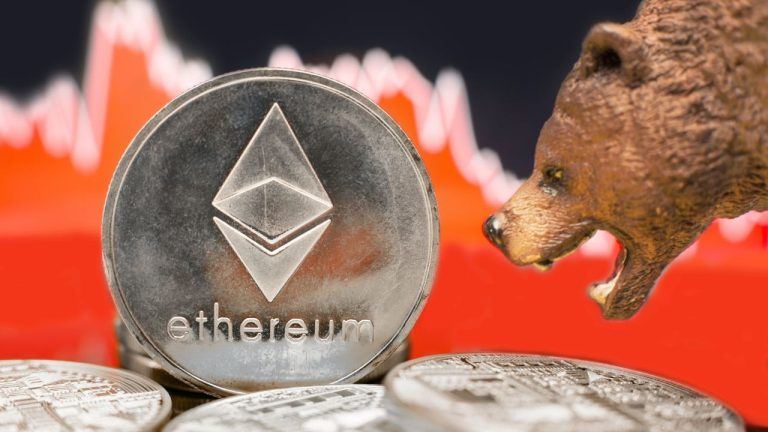

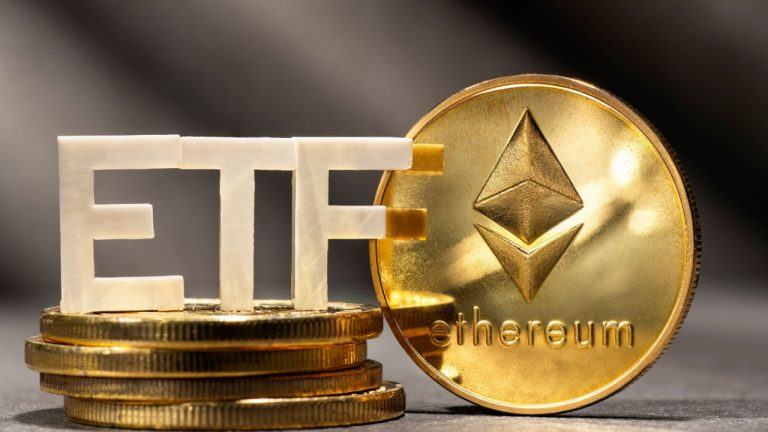
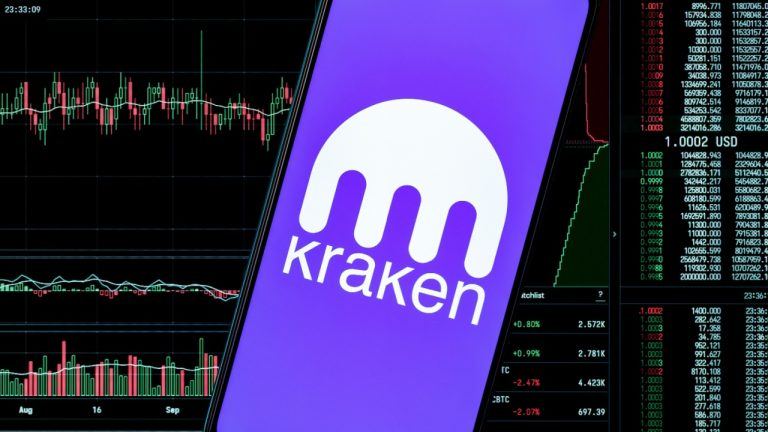

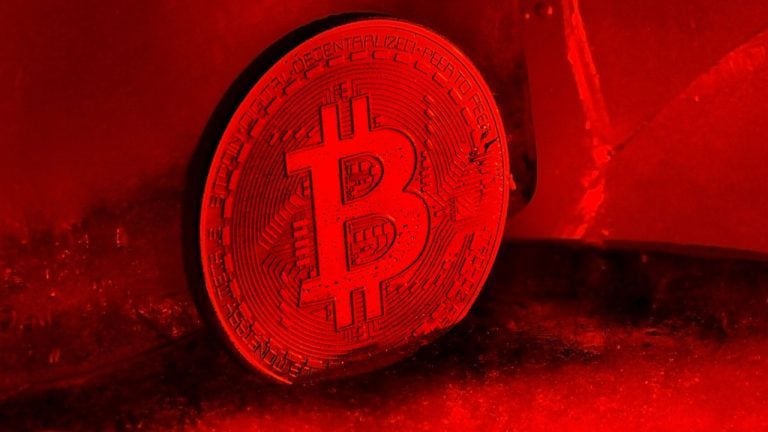


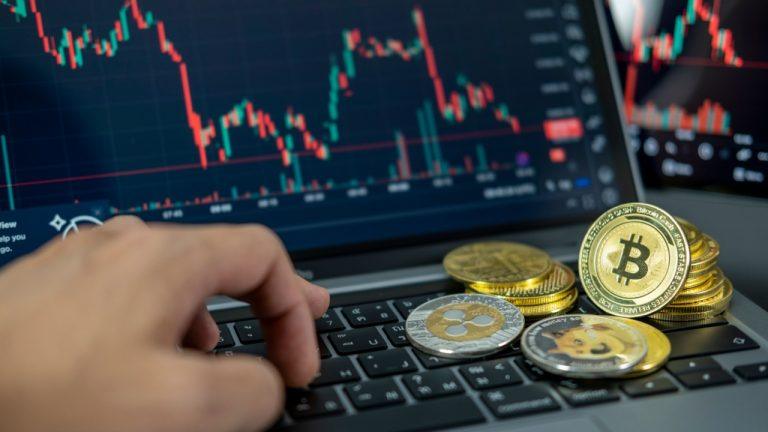
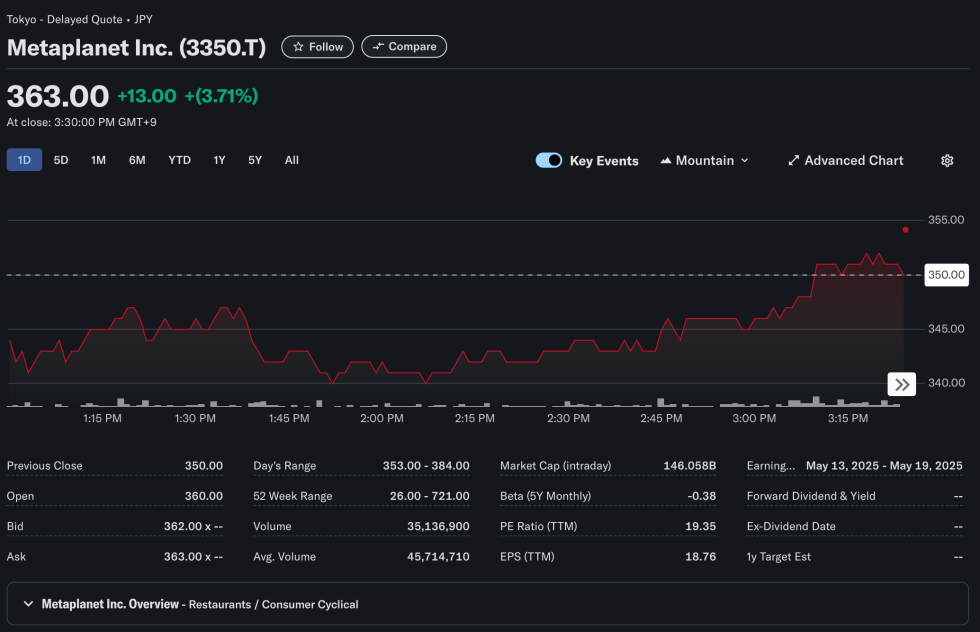

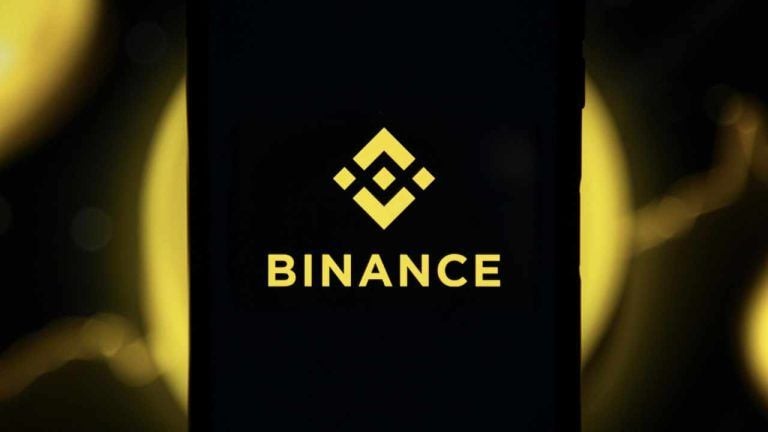




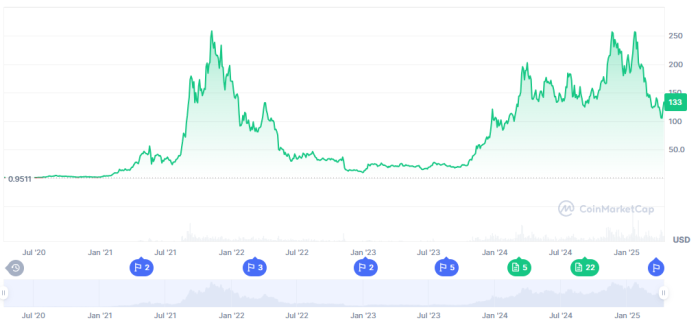



Comments